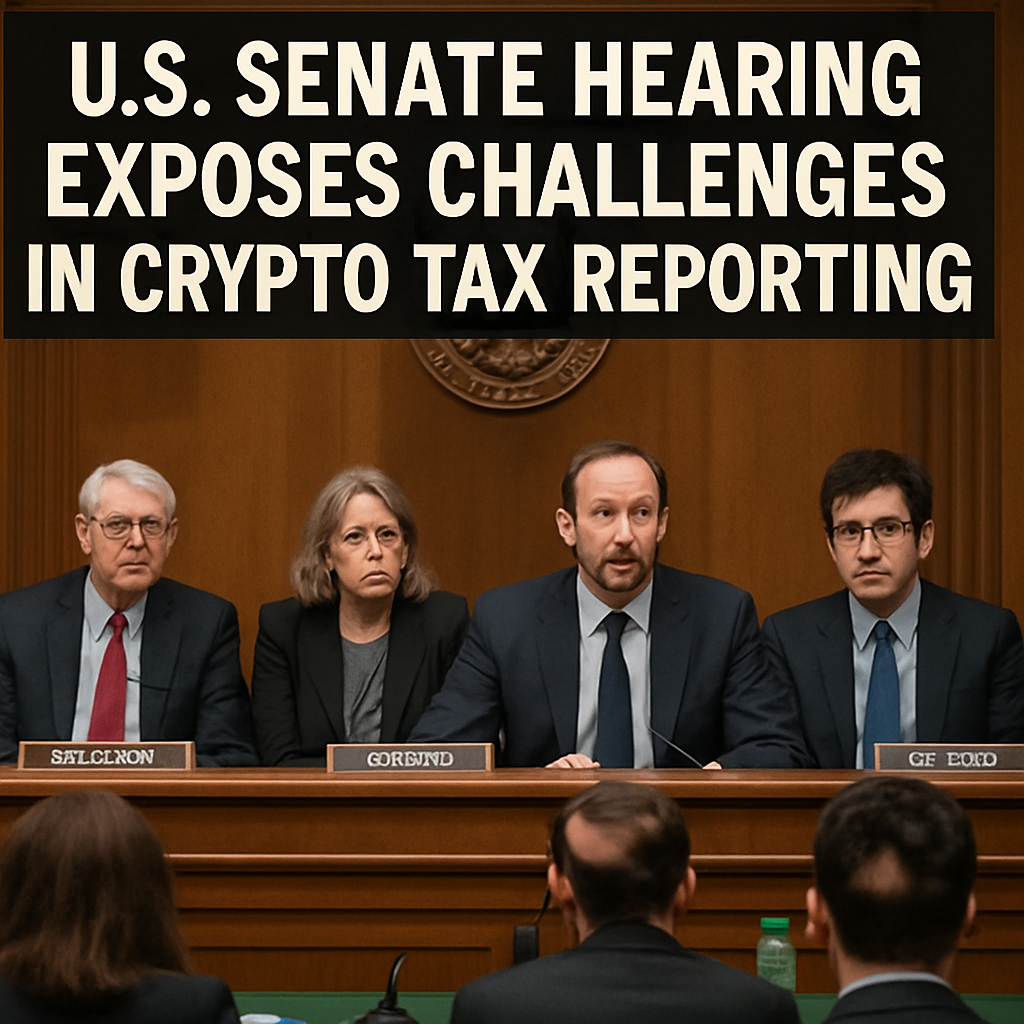The Senate Finance Committee convened a hearing to assess the readiness of federal tax authorities for the impending influx of transaction data from cryptocurrency exchanges. Senior Coinbase tax executive Lawrence Zlatkin testified that the IRS is likely unprepared to process the vast number of brokerage forms expected under new reporting mandates. Zlatkin emphasized concerns about the agency’s capacity to absorb “billions of transactions” without significant resource expansion.
The committee discussed key policy considerations, including whether to implement a de minimis exemption for small retail trades and how to treat unrealized staking rewards. Witnesses noted that the absence of clear guidance on these issues could lead to inconsistent taxpayer treatment and enforcement challenges. The IRS recently issued preliminary crypto brokerage forms, but several policy debates remain unresolved, including the treatment of stablecoin transactions and the timing of tax recognition for airdrops and forks.
Senator Mike Crapo, committee chair, acknowledged the complexity of applying existing tax code to digital assets, warning that taxpayers may lack clarity on rules governing routine activities such as coffee purchases made with crypto. Ranking member Ron Wyden highlighted the potential for exploitation of reporting gaps and urged swift legislative action to close loopholes. Representative Cynthia Lummis was cited for introducing a standalone bill proposing a $300 de minimis threshold to simplify reporting for small transactions.
The hearing also examined operational challenges. IRS staffing levels have declined, and the agency’s crypto office experienced recent leadership turnover, raising questions about its ability to manage specialized functions. Stakeholders called for increased funding, technical assistance partnerships and automated data-matching systems to ensure accurate and timely processing of digital asset information.
Both industry representatives and committee members stressed the need for a balanced approach that minimizes compliance burdens while safeguarding tax revenue. Proposals under consideration include phased reporting implementation, expanded safe harbors and detailed regulatory guidance tailored to digital asset nuances. As Congress approaches debates on comprehensive crypto legislation, the hearing underscored the imperative of clear, administrable rules to support growth in the digital economy without overwhelming tax administrators.

Comments (0)